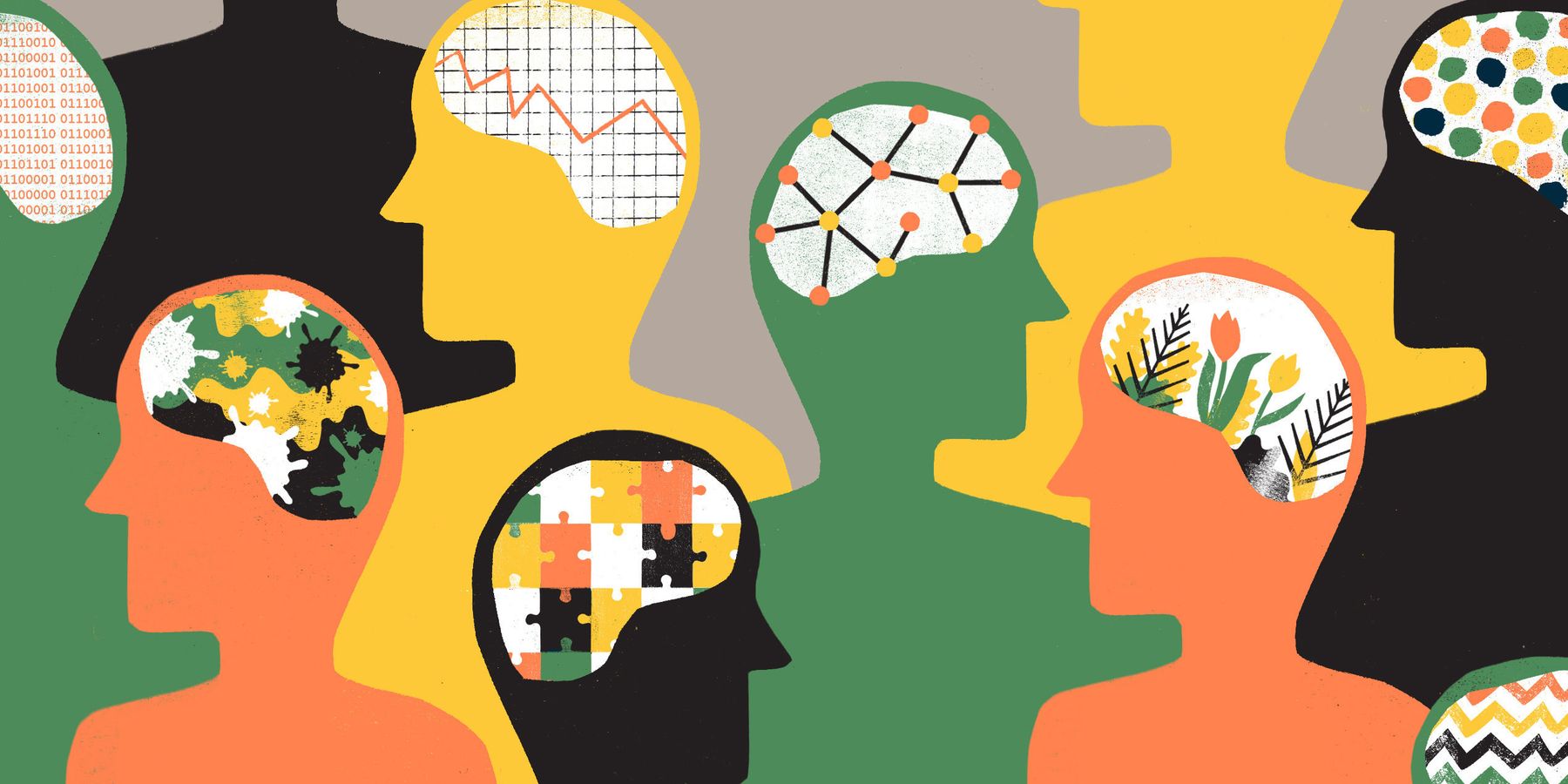
This week, the deaths of designer Kate Spade and chef and writer Anthony Bourdain have shocked and saddened the world, serving as a grim reminder that despite appearances, you never know what someone is struggling with. NBC reports that suicide rates in the United States have increased by 30 percent since 1999. The celebrity-suicide effect specifically can lead to an increased rate of deaths after a famous person take their own life.
It can often feel overwhelming to look for resources when you or someone you know if struggling with their mental health, but it is important to stress that there are many free, confidential options available beyond traditional outlets. Here are a few steps to take if you or someone you know needs help:
Take action if someone you know is struggling:
This means looking out for warning signs like mood swings, conversations about feeling hopeless, change in eating or sleeping behavior, and withdrawal from social interactions. Listen to the person who is struggling when they talk about their feelings and encourage them to get professional help, or make an appointment for them.
Find a psychiatrist or therapist:
Online resources like the American Psychiatric Association website, the American Psychological Association website and even Psychology Today can help you find a psychiatrist or a therapist in your area. (While therapist can be an umbrella term, the key difference between therapists and psychiatrists is that the latter can prescribe medications).
Get legal aid if necessary:
Legal Services Corporation is a nonprofit organization that provides "financial support for civil legal aid to low-income Amricans."
Check out this list of regional mental health resources for black people.
The list rounds up black owned therapy practices and resources across the country.
Call or text any of the following hotlines:
National Suicide Prevention Lifeline: Call 1-800-273-8255
This hotline provides immediate counseling to anyone that needs it 24/7 for free. It is also completely confidential. A trained crisis worker will speak with you and provide assistance and further resources. The website also provides resources on how to identify when someone is struggling with mental health issues and what the risk factors are.
Crisis Text Line: Text TALK to 741-741
This free service is available 24/7. It connects you with a trained councilor who can help via, "active listening and collaborative problem solving."
The Trevor Project: Call 866-488-7386
This hotline, which is also always running, provides support for LGBTQ+ youth. They offer crisis intervention as well as suicide prevention training and community resources. There are also options to talk via chat or text if that is most convenient.
Trans Lifeline: Call 877-565-8860 (U.S.) or 877-330-6366 (Canada)
This hotline is for transgender people and is run by staff and volunteers who are all transgender. It helps people struggling with their gender identity find resources they might need. The hotline runs for 18 hours a day every day. See the hours here.
The National Sexual Assault Online Hotline: Call 800-656-4673
It is often immensely emotionally difficult or even dangerous to recount experiences of assault, but speaking about it can help tremendously. Call this number or visit online.rainn.org to speak with a trained support specialist who will listen to your experience and help you find resources to lead to recovery.
Substance Abuse and Mental Health Services Administration: Call 1-800-662-4357
The SAMHAS's mission is to "reduce the impact of substance abuse and mental illness on America's communities." You can find a treatment location on their website, or call the number above to receive confidential treatment referrals and information about recovery. The hotline provides assistance in Spanish and English.
Image via Getty
MORE ON PAPER
Music
We Partied With KATSEYE and HUNTR/X at UMG's Grammys Party
Story and photography by Vincenzo Dimino